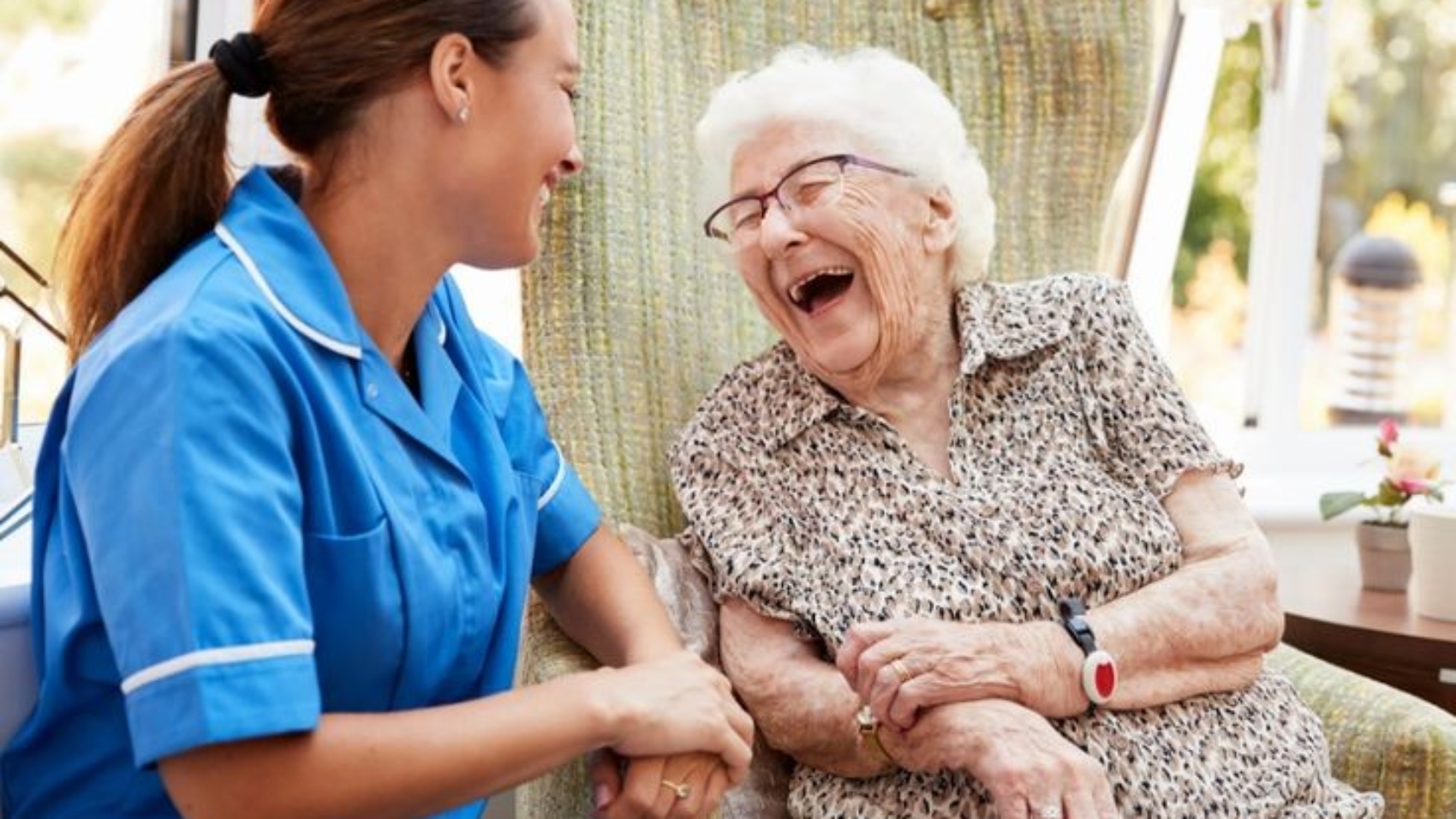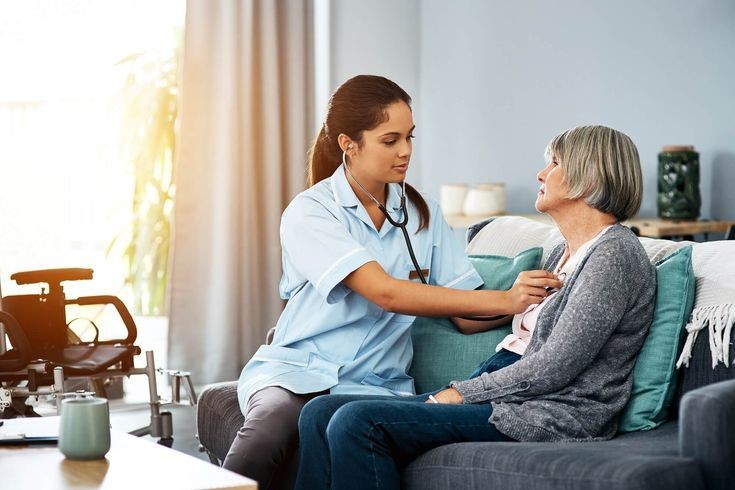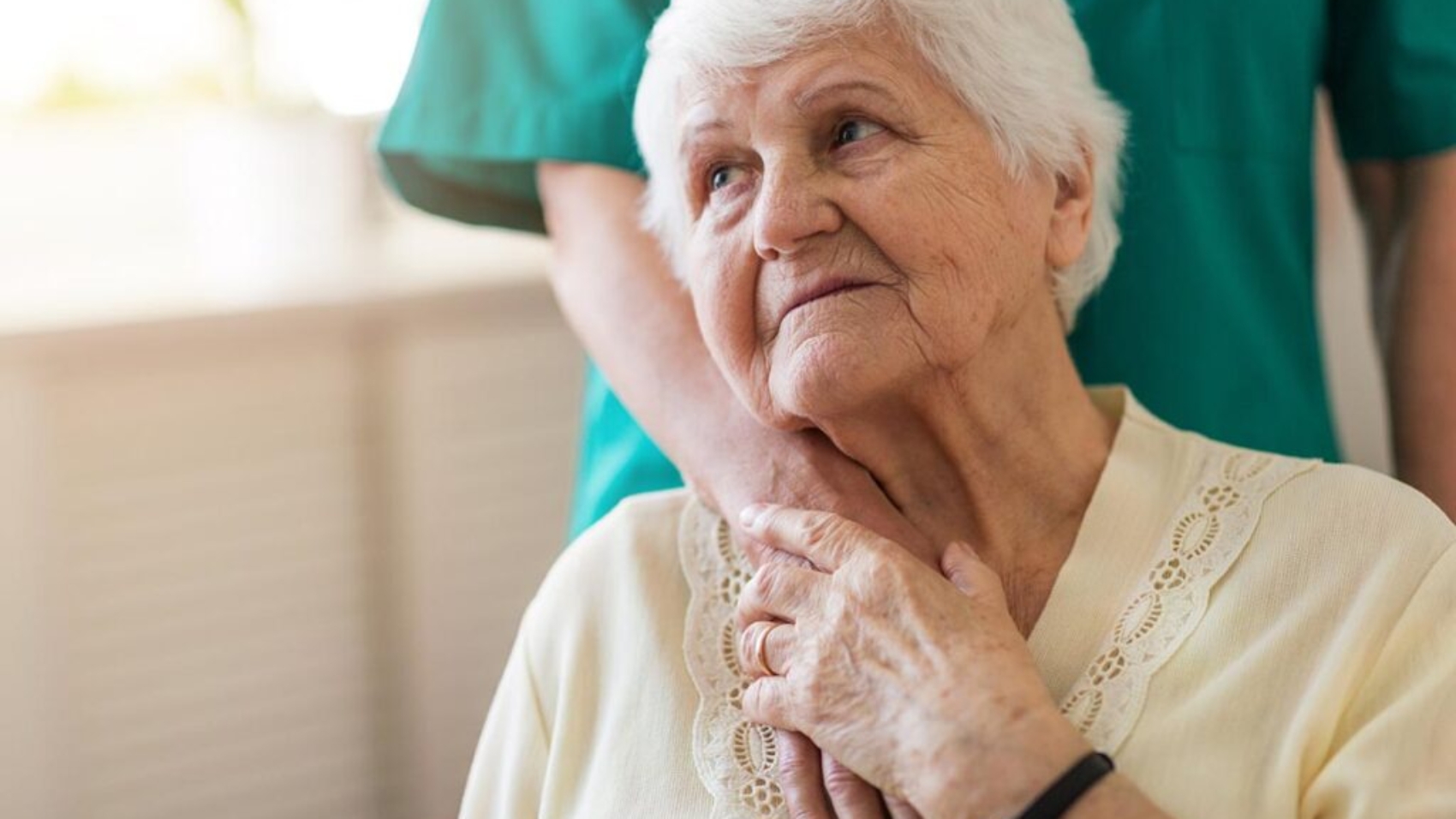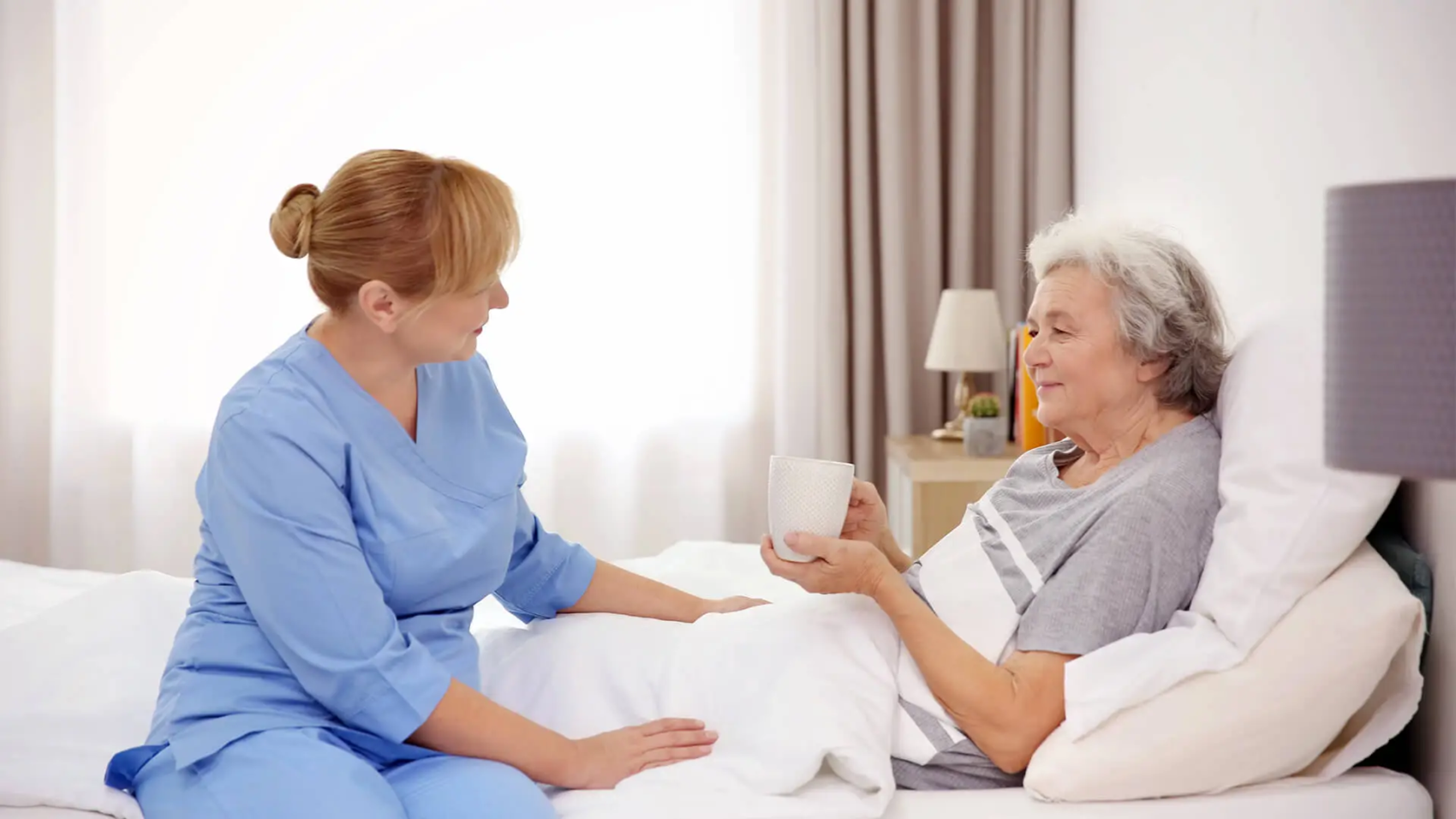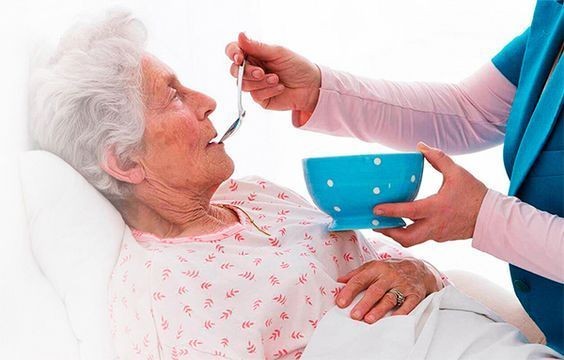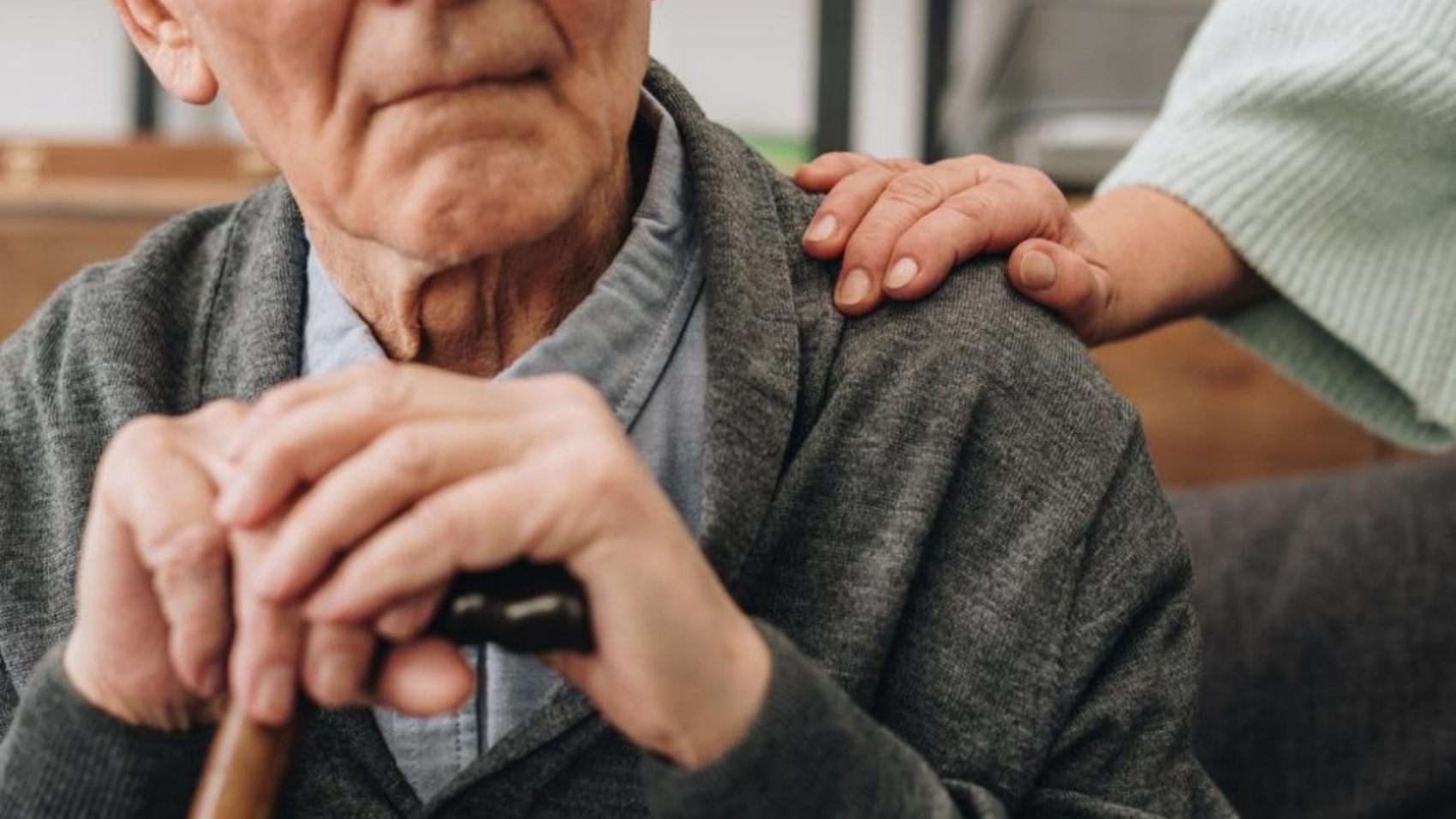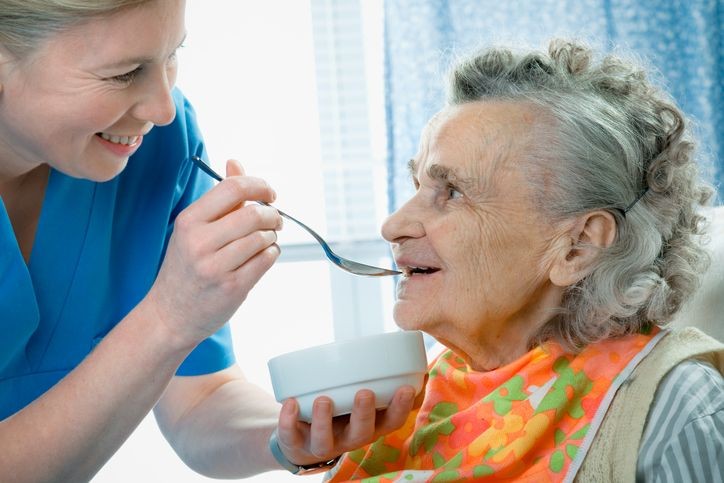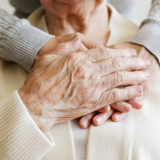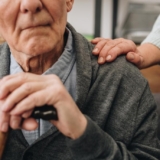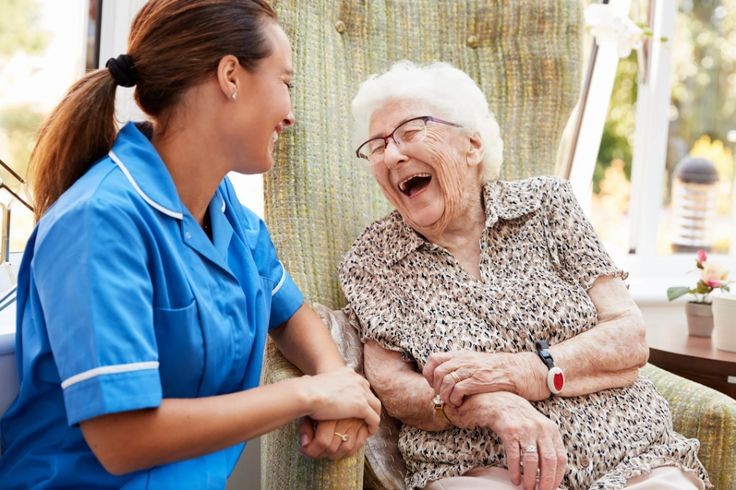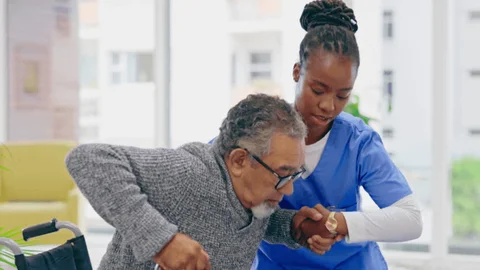
- Bathing to Keep our service user hygienic
- Applying lotions and creams as required
- Dressing and getting ready for bed.
- Applying make-up, and hair care.
- Support with shaving.
- Oral hygiene.
- Foot care, especially if you are diabetic need to be extra vigilant with your feet.
- Oral hygiene.
- Changing or maintaining a stoma or catheter bag, or other form of clinical intervention.
- Support moving position in bed, to stretch and prevent bed sores.
- Helping you to the toilet, including using a commode or bed pan.
- Changing continence pads, along with cleaning intimate areas.
To provide the best possible personal care, we design a care plan that recognizes your likes and dislikes, for example the beauty products that you prefer, the Caregiver you’re most comfortable with. For particular services such as nails cutting, shaving and diabetic foot care, will always be outlined in your support plan with specific instructions for your caregiver.
All our Caregiver are fully trained to respect your privacy and to be respectful to your personal boundaries in the provision of personal care. Our Caregiver are equipped with knowledge to understand the importance of your dignity and independence at all times.

